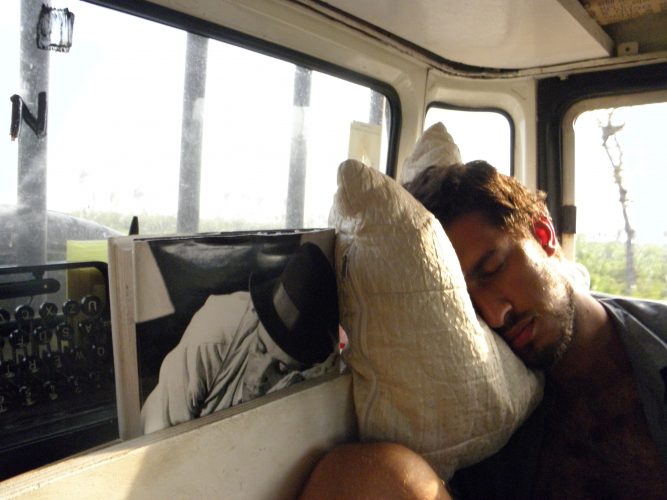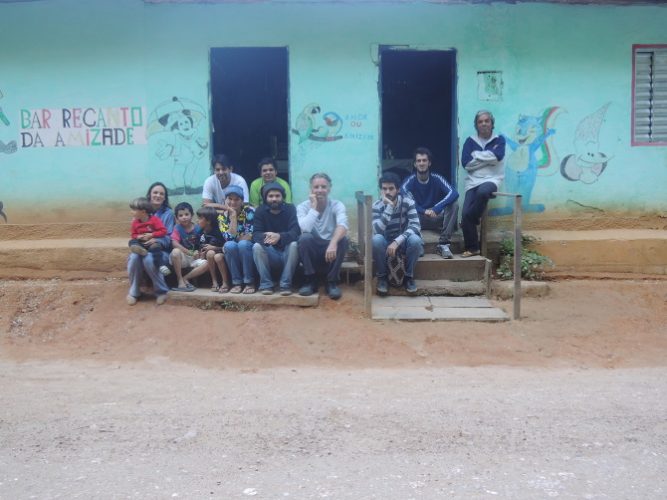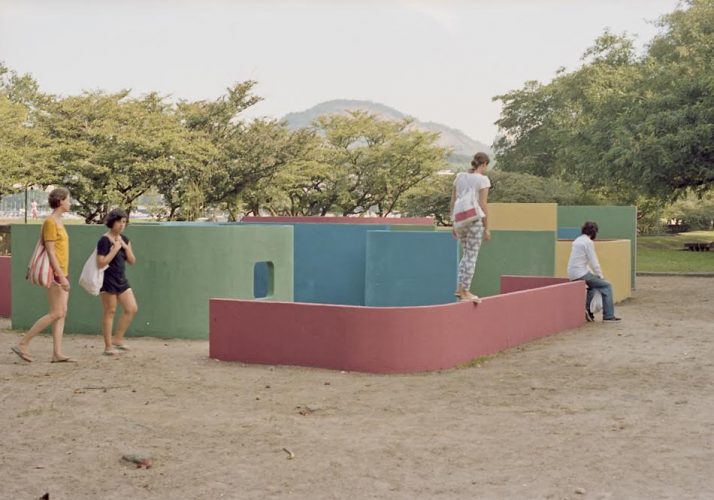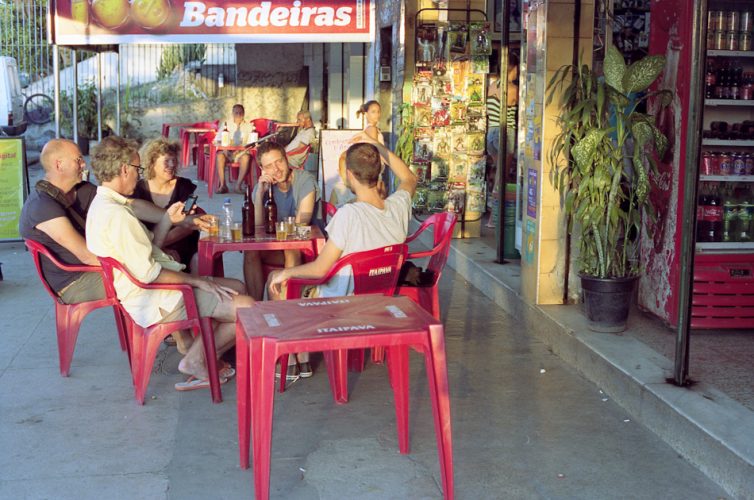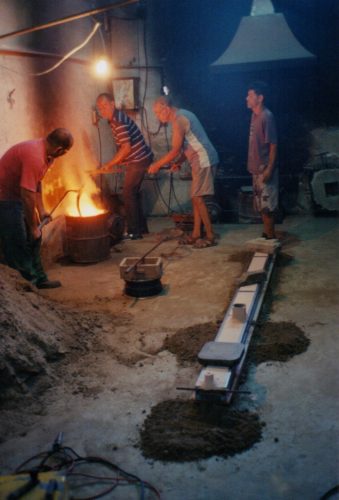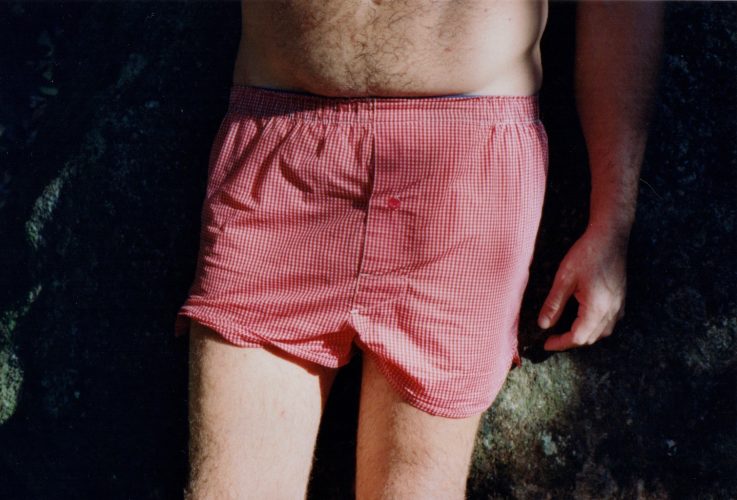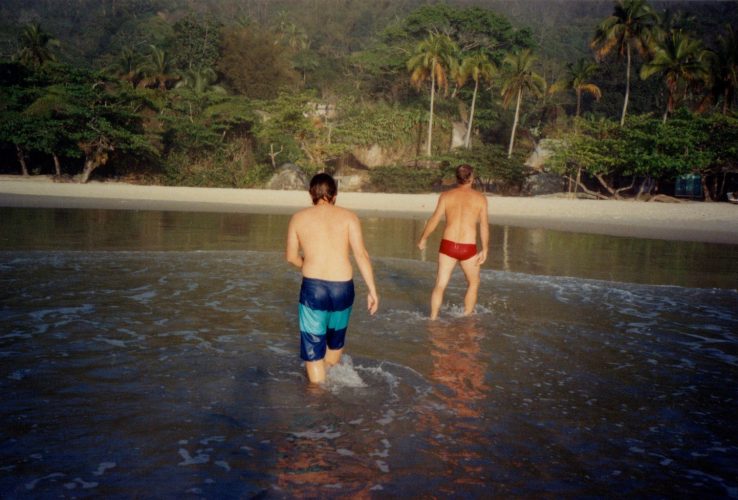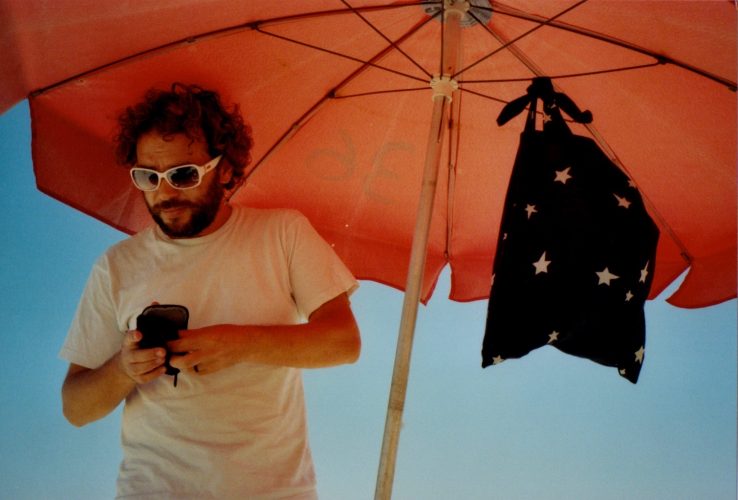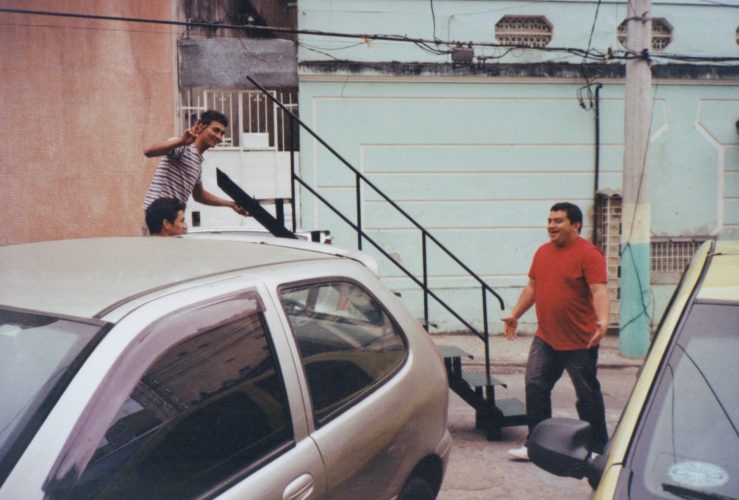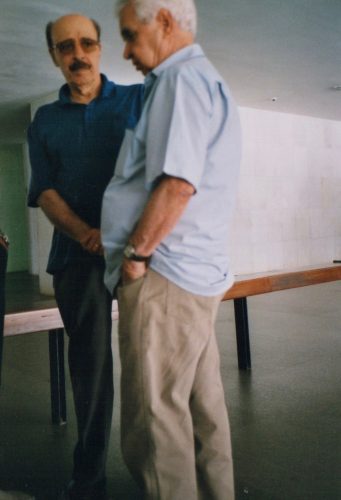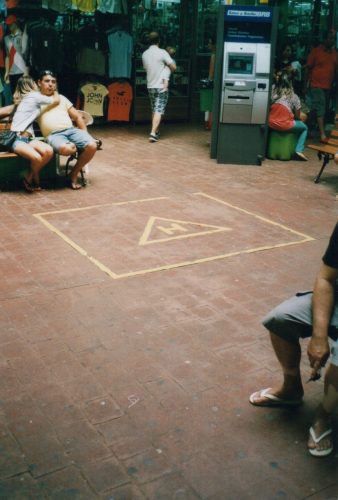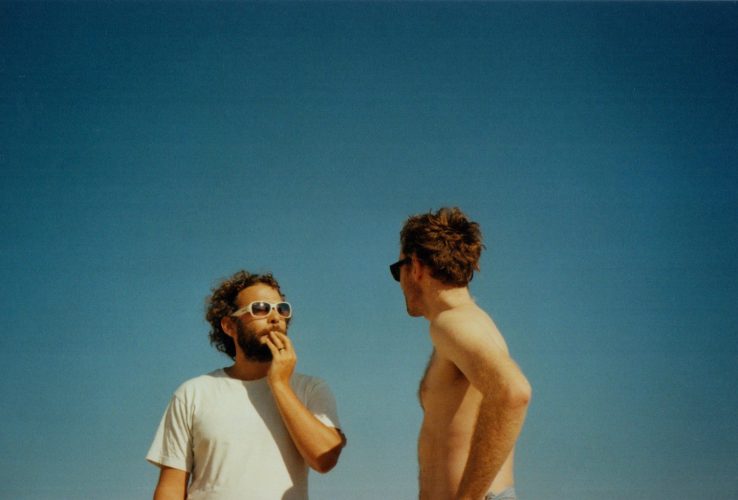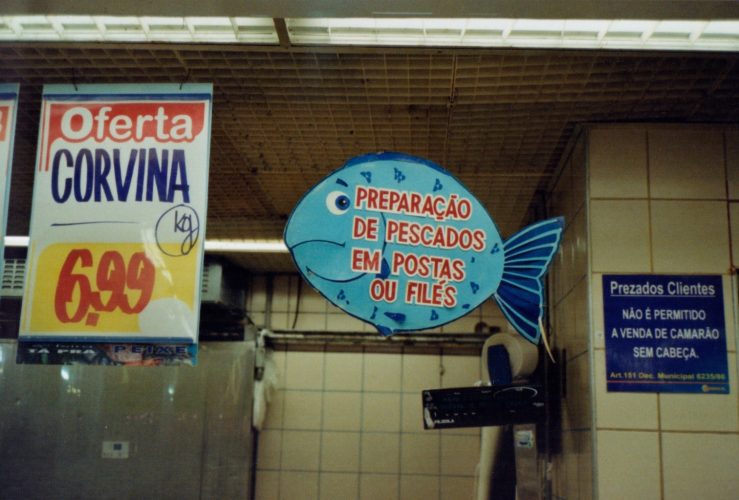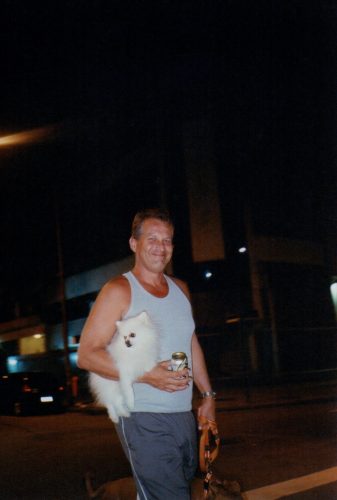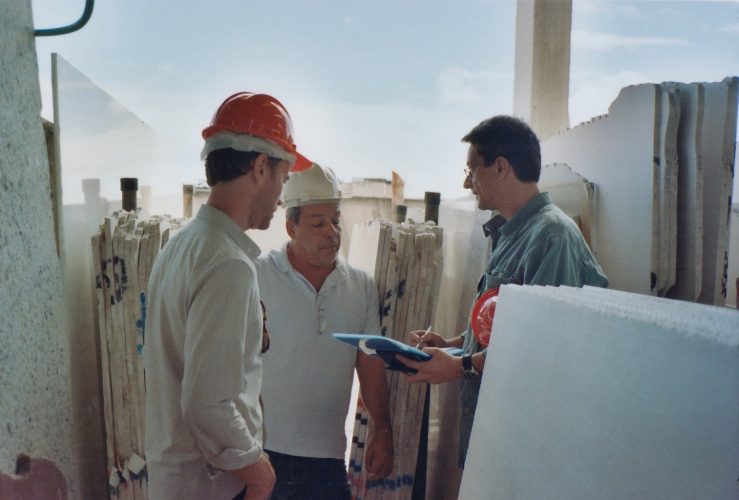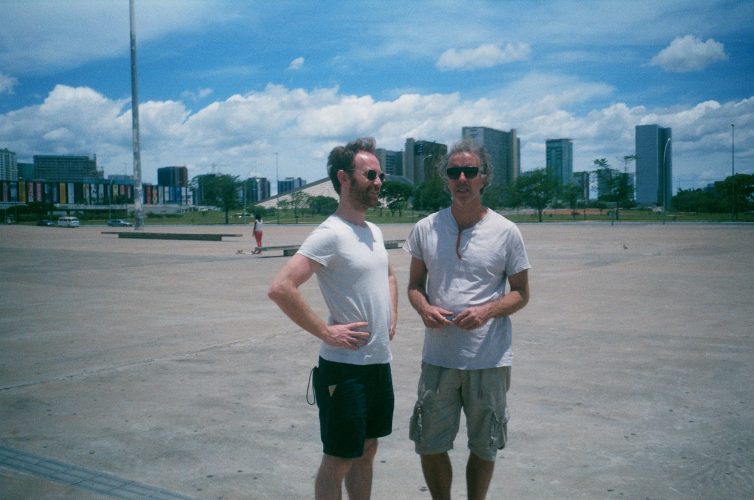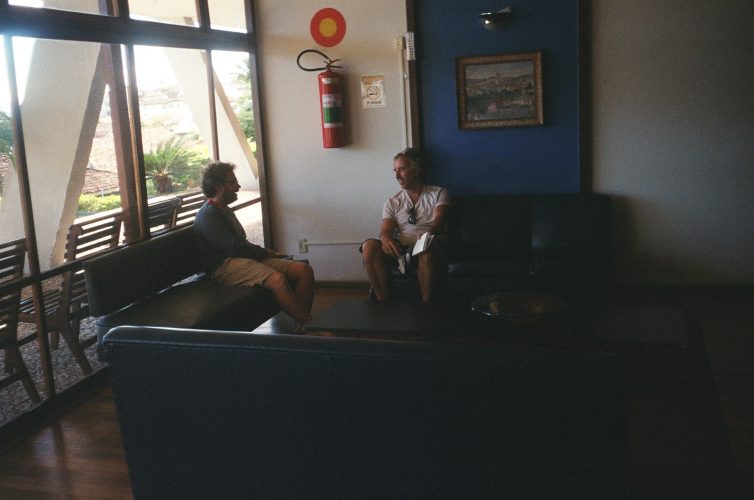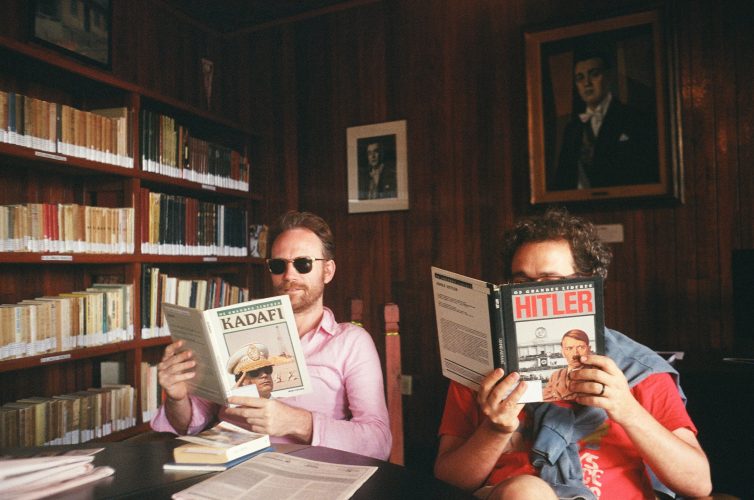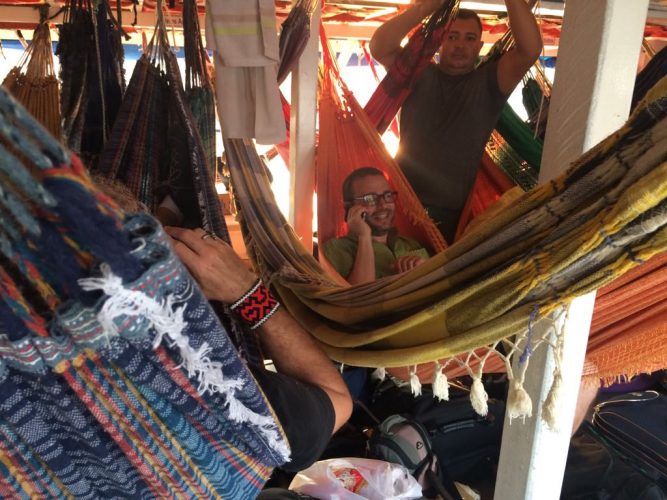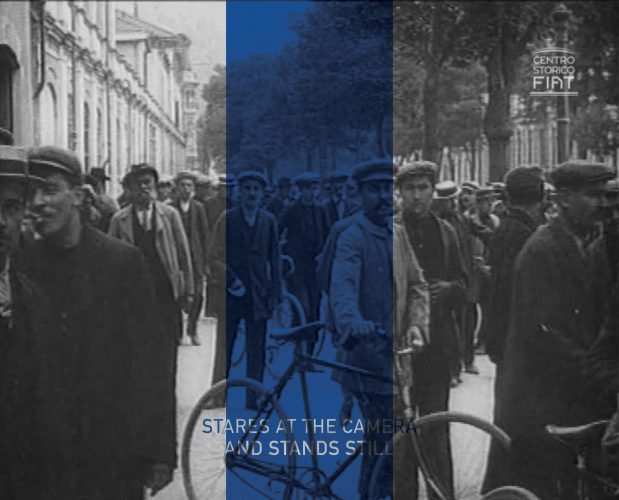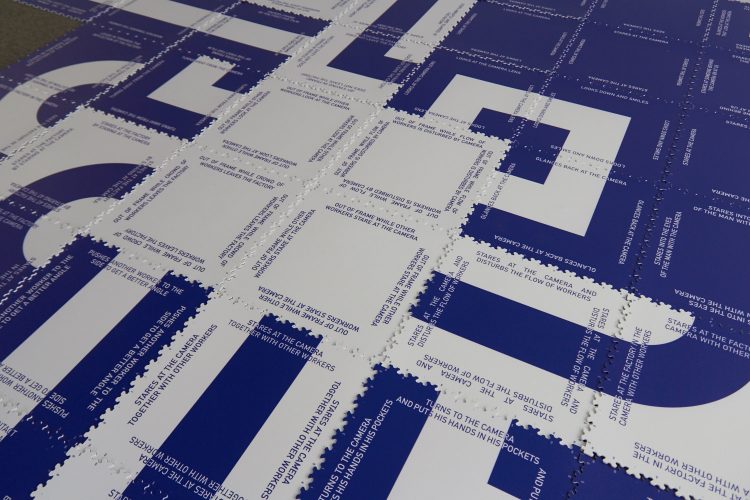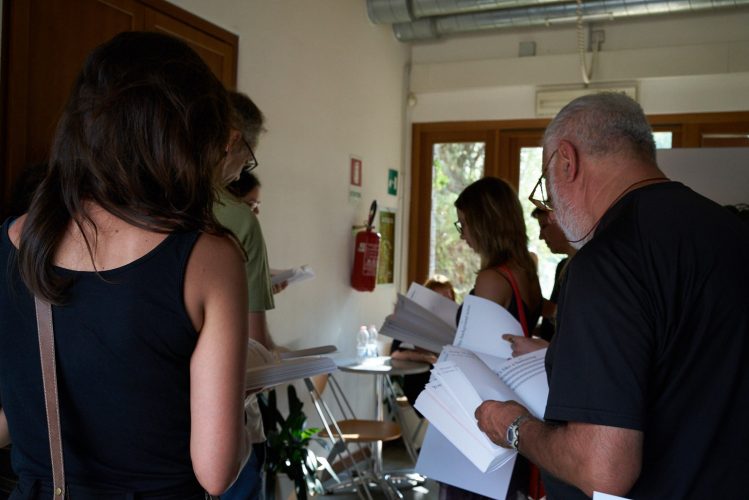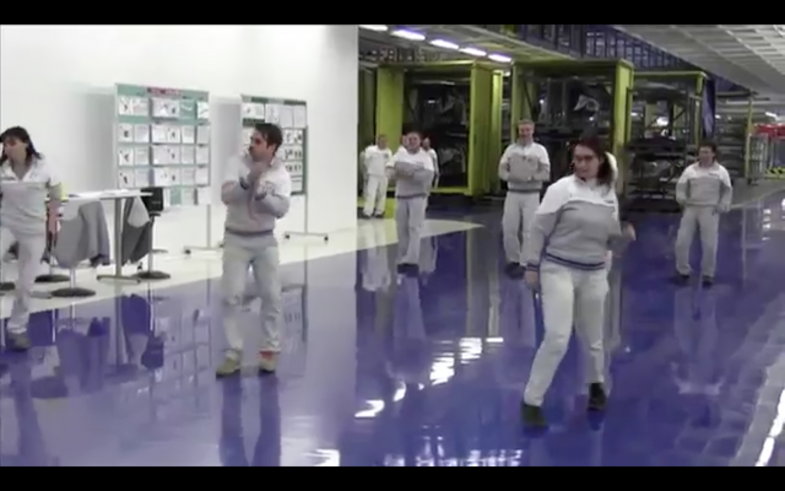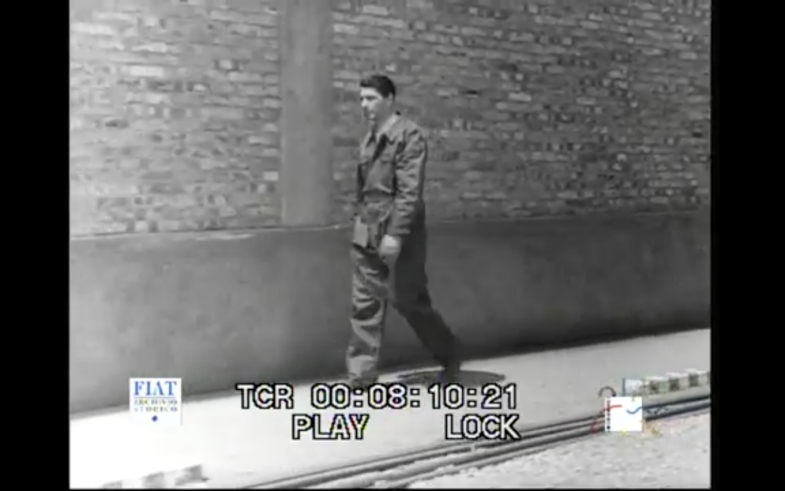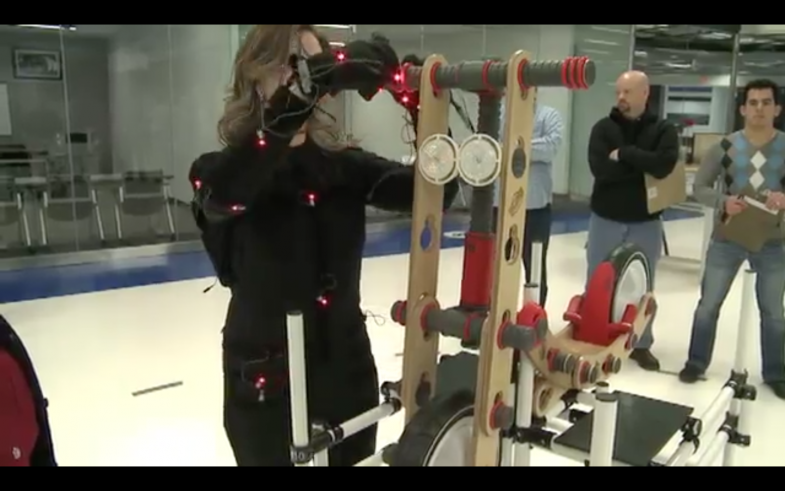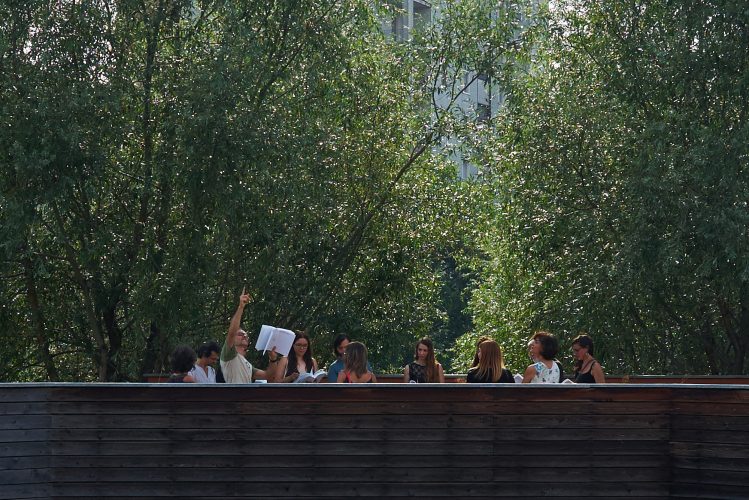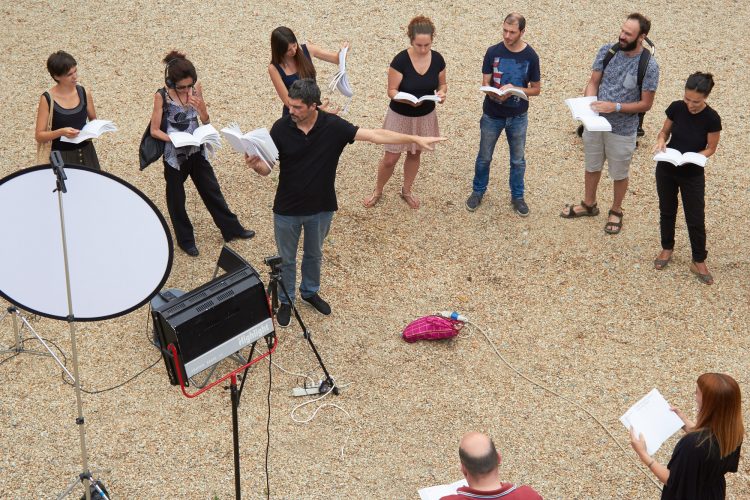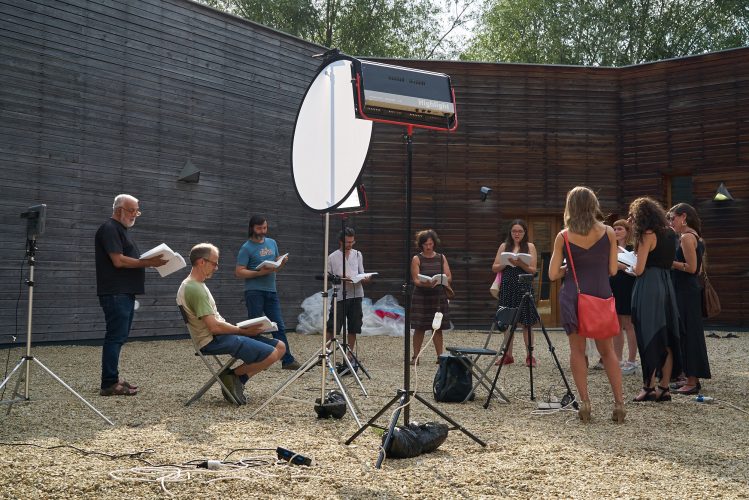“Demorei alguns anos, depois de ser ‘alfabetizado’, para realizar que escrevia a palavra ‘derrepente’ junto e não separado (‘de repente’). Não faz muito tempo, percebi que escrevia a palavra ‘agente’ junto e não separado (‘a gente’). A constatação desses usos errados da língua não sai mais de mim. E o sentido dessas palavras, a cada vez que vou usá-las, desliza entre os possíveis de sua significação. Geralmente vem com prazer usar essas palavras, um prazer subterrâneo, que me lembra que estou escrevendo elas com uma potência outra, uma atenção e invenção que sinto intima. Desde 2011, na urgência e no grupo, venho experimentando com o Capacete.”
Daragh Reeves
Daragh Reeves Leeds, U.K. , 1974 – lives in Brussels and Berlin
“Being at Capacete was and continues to be a source of great happiness, fun, adventure and camaraderie. Here art and life are very much intertwined. Rio’s own special madness is an art beyond art and provided a very healthy perspective on the limitations and strengths of frankly being a Gringo. It’s an experience that I carry with me and am always grateful for lucking into.”
Julien Bismuth
….
“I first met Helmut in 2006, with Jean-Pascal Flavien. He helped produce a performance of ours titled “Plouf.” The performance took place on two boats off the coast of Rio. The first meeting we had with him was at the beach in Ipanema. I came back to Brazil in 2012, to finally do the residency. I stayed a little over three months. I started learning Portuguese while I was there. Helmut, Amilcar, and I produced an evening of performances or interventions at a theater in Ipanema. I also started a project which I am still working on, and which has taken me twice to the Amazon. Yet the most significant thing that happened, that took place, during this three-month residency was something else, something harder to describe than an activity or an endeavor. + The time I spent in the residency was, in many ways, a break. A hiatus. Though I continued working while I was there, it was not only in a different place but in a different environment. A different atmosphere. And perhaps that’s as close as I can get to defining or describing it. To me, capacete is synonymous with something as simultaneously palpable and elusive as an atmosphere. Every time I return, I encounter a reality whose protagonists change but whose “feel” remains more or less the same. There’s a feeling of openness, of engagement, of trust and sympathy as well, which I identify with capacete. Not that capacete is isolated from the world and its problems, not that it’s in any way an escape, but rather that it opens up onto the world and its problems from within a space that operates differently and with different rules: rules of trust, sympathy, engagement, and openness. These rules are neither stated not even enforced, they are interpreted and discussed, altered and experimented with by each new constellation of visitors, residents, participants. In other words, what capacete inspires and develops is a desire to relate and to relate differently. It develops a sensibility or sensitivity to the other protagonists of our relationships, be they animate or inanimate, material or virtual. Capacete does all of this not by imposing anything on its participants, but rather, by simply inviting them to be both the caretakers and protagonists of its continuous social experiment, one whose strength resides precisely in the inherently fragile and porous nature of its boundaries. Capacete is not a helmet, it’s a tent, and like all tents, it can be pitched more or less anywhere.” -
Bruno Jacomino
Ícaro Lira
Ícaro Lira vive e Trabalha em Fortaleza-CE e São Paulo-SP.
Artista Visual, Editor e Investigador, com pesquisa desenvolvida no âmbito do Documentário Experimental. Estudou Cinema e Vídeo na Casa Amarela-UFC, Fortaleza (CE), Montagem e Edição de Som, pelo Instituto de Cinema Darcy Ribeiro (RJ) e na Escola de Artes Visuais do Parque Lage (RJ) participou dos Programas Fundamentação e Aprofundamento e em 2016/2017 do PIMASP – Programa Independente do Museu de Arte de São Paulo (SP).
Sofia Caesar
Since 2011, I have participated in exhibitions and residencies in institutions such as: Parco d’Arte Vivente, Turin, Italy; La Maudite, Paris, France; SFMOMA, San Francisco, USA; Casamata, Parque Lage, Capacete, Oi Futuro RJ, Galeria A Gentil Carioca, Rio de Janeiro, Brasil; CCBNB-BR, Fortaleza, Brazil; Tomie Othake, São Paulo, Brazil, and others.
In 2015, I graduated with an MFA from the School of Missing Studies, Sandberg Instituut, in Amsterdam (NL). I have participated in a.pass in Brussels in 2016.
I am currently based between the Netherlands and Brussels, Belgium.
Joao Mode
JOÃO MODÉ, lives and works at Rio de Janeiro, Brazil. His work is marked by a plural notion of languages and areas of expertise. He works mainly with video, photographs, installations, actions with public participation and interventions in architectural spaces. He has a degree in Architecture and Visual Programming and a Masters in Visual Languages from the UFRJ – Rio de Janeiro. Some of his works feature in the collections: MAM SP; MAM Rio ; Pinacoteca do Estado de São Paulo and Frac Bretagne , France .
